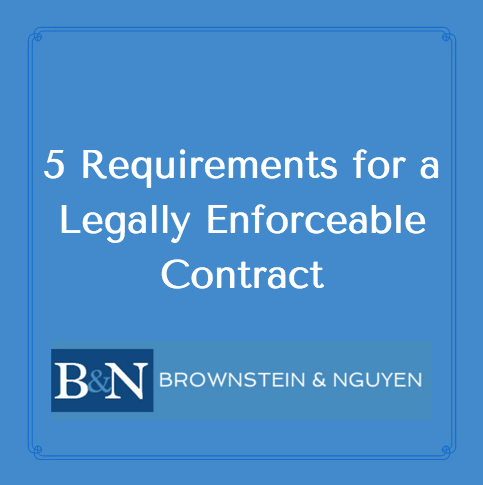Any entrepreneur knows that starting a business requires you to be a jack of all trades. Once you develop a promising business venture, you must also raise startup capital, determine corporate structure with partners and investors, familiarize yourself with potential legal hurdles, and check every documentation box required by the local and federal government. If you have the legal and business acumen to navigate these waters, there are still a few currents left: taxes and trademarks.
Trademark Issues When Starting a Business
It’s easy to wade into murky waters when choosing a company name, logo, or slogan. Your idea could be owned or trademarked by another company, or associated with another business. Not only is this a marketing issue (after all, you want potential customers to associate your name with your goods and services, not your competitor’s), it can cause legal troubles, too. Avoid potential setbacks by taking these steps to ensure your company name isn’t trademarked:
- Brainstorm ideas and make a list of potential marketable names for your business
- Search the web to find other companies with the same name
- Search state corporations and local licensing office records
- Search the U.S. Patent and Trademark Office records to find any claims to the exact or similar names
- Check if the domain name has already been claimed online (if so, that’s a good sign that the name is already in use by another company)
- Discuss intellectual property rights with an Atlanta business lawyer
Tax Considerations for Entrepreneurs
Many entrepreneurs sink new businesses by not considering tax issues during the business development stage. Forbes’ article 10 Big Legal Mistakes Made by Startups lays out the most common of these tax issues.
 Sales tax. If you fail to implement sales tax, you’re facing a sure audit and significant fines.
Sales tax. If you fail to implement sales tax, you’re facing a sure audit and significant fines.- Payroll tax. These may include deductions from an employee’s wages or a tax paid by the employer (calculated as a percentage of wages paid).
- Section 83(b). The 83(b) election allows founders and shareholders to pay taxes upfront, at current value, rather than annually, when the share value (and thus taxes) will likely have increased.
- Choice of legal entity. The choice to start a company as an LLC, corporation, sole proprietorship, or other legal entity can significantly impact tax regulations for the business.
- Tax incentives. Your business may be eligible for tax incentives to diminish excess burden.
- Stock options. Employers should research tax guidelines before offering stock options to employees.
When starting a business, it pays to be prepared. Jay Brownstein has over 25 years of experience representing business owners in Atlanta and throughout Georgia. Contact Brownstein & Nguyen for legal advice on business startup legal issues, drafting contracts and founders agreements, and ensuring proper documentation for your business venture.








